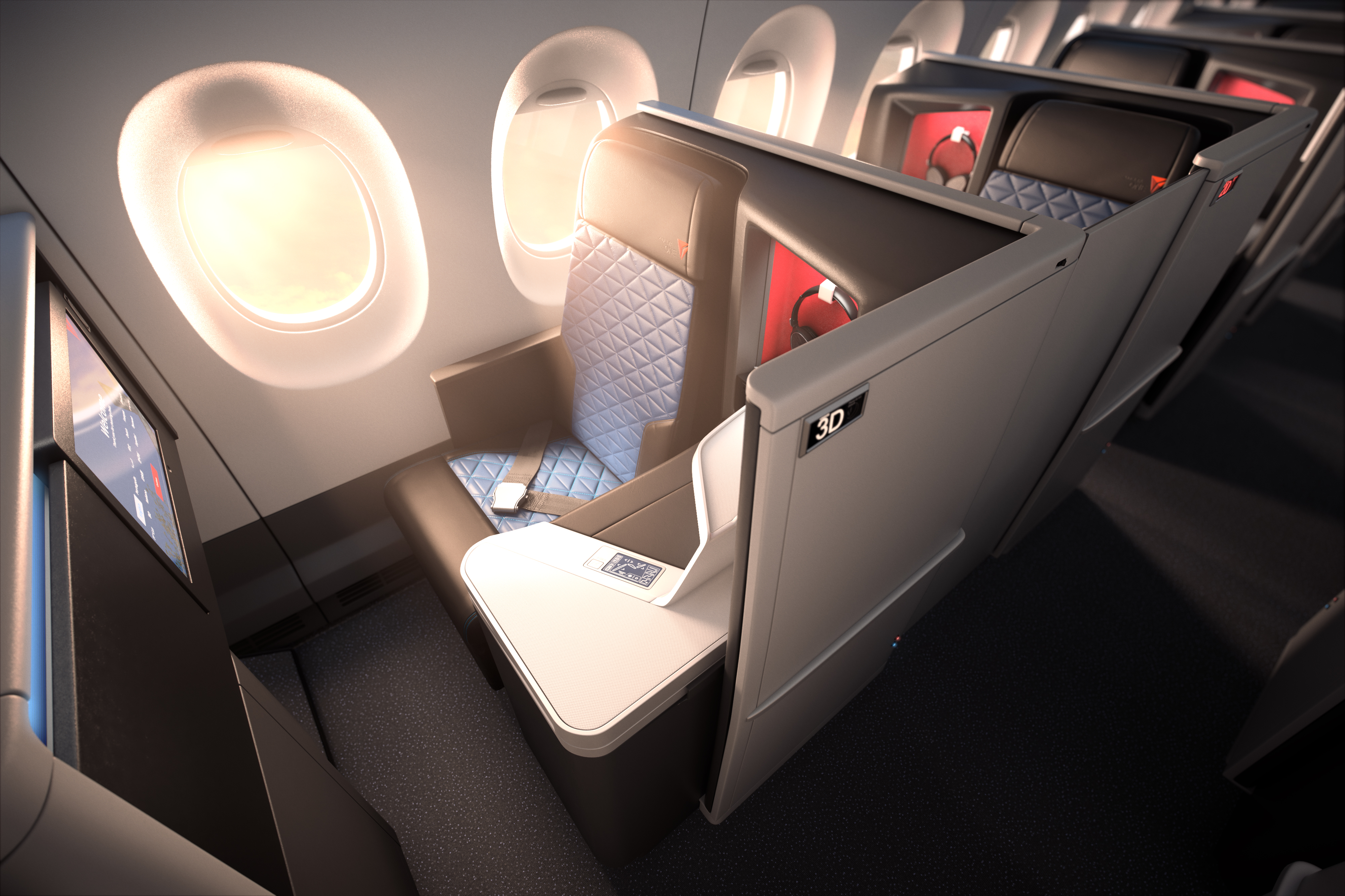Bussiness
She just moved into a neighborhood of 3D printed homes in Texas — see what it’s like inside
3D printed houses may sound like they’re from a future filled with hoverboards and holograms. But for Daniella Glaeze, she’s already living it.
Glaeze began documenting her 3D printed home on TikTok shortly after moving into it in April. Her videos showing off the futuristic concrete house have garnered several million views — and questions.
“I’m definitely excited to bring some of this content to viewers and anyone interested in seeing the process and how these homes work,” Glaeze told Business Insider.
Icon
“Homes,” plural, because it’s not just their house — it’s a whole neighborhood. 3D printing construction startup Icon teamed up with home construction giant Lennar to build a community of 100 3D printed houses, called the Wolf Ranch, just north of Austin.
According to Icon, 95 of the homes already have their wall systems printed and all 100 are expected to be complete by 2025, but residents like Glaeze have already begun to move in.
First-time homeowners Glaeze and her husband, who are both software engineers, became interested after seeing some of these houses on TikTok.
“We’re both in tech, so we know the type of engineering and innovation that goes into creating something like this, so we were really intrigued,” Glaeze said.
The homes are built using a massive gantry-style printer, called the Vulcan Construction System, which spans 45.5 feet wide and 15.5 feet tall.
Icon
In one TikTok with over 4 million views, Glaeze toured her home, which has four bedrooms, three bathrooms, and a garage. Several commenters were worried about the potential of grime settling in the ribbed wall ridges, one writing, “I can’t stop thinking about all the dust that would collect on the walls.”
However, Glaeze reassured that despite the unmistakable grooves, she had yet to encounter any dust build-up. She said that a wipe or handheld vacuum has gotten the job done.
“The ridges on the wall are not like little shelves, they’re very thin,” she said. “Even if dust were to collect, I don’t think it’d be very noticeable, and the walls are very easy to clean, honestly.”
The simple solution seemed to be mirrored in most of her responses to other questions people brought up. Yes, you can hang things on the wall using a concrete bit. Yes, you can paint the walls with an airbrush. And yes, you can make the walls flat by sanding or using plaster.
“The walls are the only thing that are concrete and printed in the foundation,” Glaeze said. “Everything else, like the electricity, the roof, the doors — they’re all like a traditional home.”
In fact, the only issue she has come across has been a spotty WiFi connection due to the thick concrete material, which she has combated with a WiFi booster.
So why print your home?
“My favorite thing about living in a 3D printed house is really the aesthetic,” Glaeze said. “I think it’s really cool; it’s something new that’s also different and innovative. “
Icon, which codesigned the homes with architecture firm Bjarke Ingels Group, told Business Insider that aside from added structural support, 3D printing offers architectural freedom that would be far more expensive with traditional construction. They particularly lean into biophilic designs that include more organic forms with rounded edges and curves, the company said.
Icon
Glaze said she loves how the curved walls make “the whole house feel very seamless and clean” and has been experimenting with different light fixtures that “reflect really cool with the layers.”
“It’s really cool to see how people get creative with decorating the home,” she said. “I have a neighbor who’s playing with different light and textures and abstract art that pops off the walls.”
Glaeze also said the thick concrete material, dubbed “lavacrete” by Icon, is not only well-insulated to keep temperatures cool against the Texas heat, but has also been “really sturdy” against rainstorms and outside noise.
“They have a lot of drills and heavy machinery outside, and I don’t hear anything,” she said. “I am sensitive to super loud sounds so being in this house is so quiet and so peaceful.”
Icon
Icon said its wall systems had been tested against hurricane standard winds and also announced in March a new formulation of lavacrete called CarbonX, a lower carbon emission cement material that will be used for the remaining wall systems.
3D printing promises to be cheaper — soon
While one of Glaeze’s biggest incentives for moving in was the house’s “really good interest rate,” the actual price is pretty on par with other properties in the area.
Since the homes in this neighborhood are being sold by Lennar, their pricing is dictated by the current market, Icon said. According to the company’s website, the homes range from $425,000 to $585,000.
Icon
However, Icon said that homeowners have reported lower lifecycle costs and utility bills due to higher energy efficiencies. It also said 3D printing offers lower construction costs and faster development.
According to the company, its robotic system typically requires two people to operate, and each wall system in Wolf Ranch took, on average, two weeks to complete.
“One thing that Icon told me is they do want to combat the housing crisis,” Glaeze said. “They want to have more affordable and efficient homes.”









